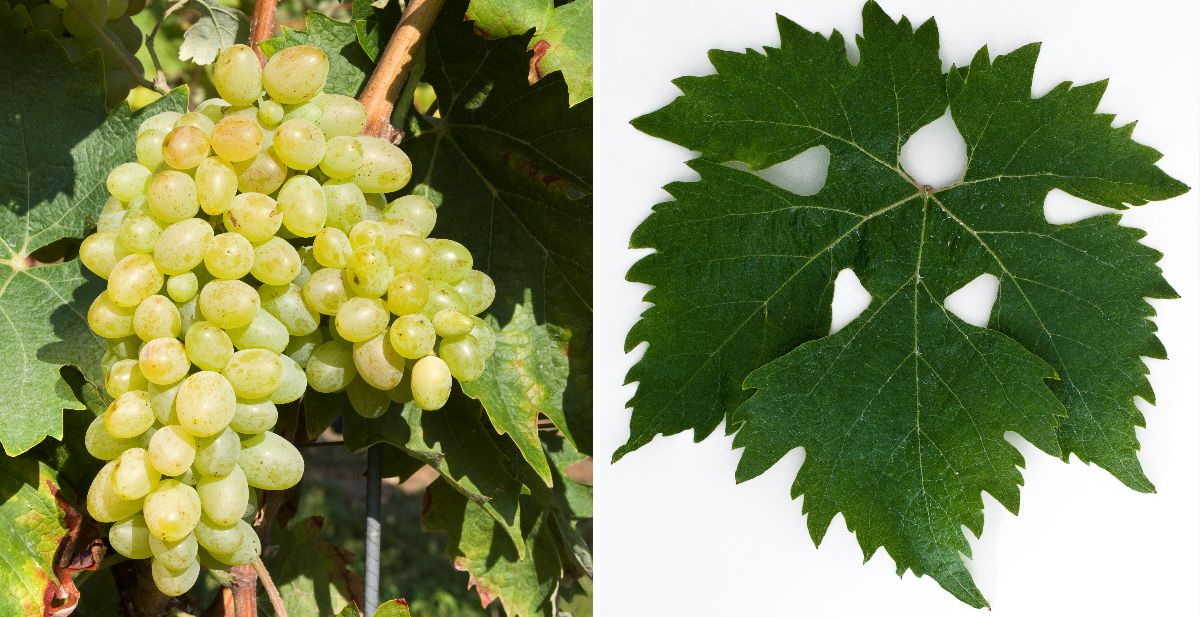The white grape variety originates from Turkey. Synonyms grouped by country are Chaouch Blanc, Panse de Constantinople, Parc de Versailles (France); Tsaousi, Tsaoussi (Greece); Roseti (Italy); Caus Bijeli (Croatia); Ceaus Alb, Turceasca (Romania); Tchaouch (Russia); Caus Beli (Serbia); Damascenka (Slovakia, Czech Republic); Fehér Tökszölö (Hungary). The synonym Tsaoussi, used in Greece, causes confusion. Because, confusingly, there is also a "real" variety Tsaoussi on Kefallonia, but Çavuş is not related to this Greek variety according to DNA analyses. It was probably brought back in the 17th century by a Turkish sergeant (Turkish Çavuş) after a campaign from Ta'if near Mecca (Saudi Arabia) as a gift for the Sultan. Sultan Ahmet III. (1673-1736) had Çavuş vines (under the name Tchaouch) sent to the Turkish embassy in France in 1720, which then passed them on to the court of King Louis XV in Versailles. Here the vine was given the name Parc de Versailles. There is also a colour mutation with pink berries. The variety was a crossing partner of the new varieties Aurelia, Lyana and Misket Dunavski.

The vine is susceptible to botrytis and sensitive to frost due to the thin berry skins. It is an all-female grape variety. It is widespread in the Mediterranean countries and in the Middle East, to which well over 50 synonyms testify. The variety is mainly used as table grape and to a lesser extent for wine. The area under wine grapes in Turkey was only 3 hectares in 2016, while the area under table grapes is many times larger (Kym Anderson). It is also grown in Algeria, Bulgaria, Greece, Romania, Russia, Serbia and Ukraine.
Source: Wine Grapes / J. Robinson, J. Harding, J. Vouillamoz / Penguin Books Ltd. 2012
Images: Ursula Brühl, Doris Schneider, Julius Kühn-Institut (JKI)
Voices of our members

The wein.plus encyclopaedia is a comprehensive, well-researched reference work. Available anytime and anywhere, it has become an indispensable part of teaching, used by students and myself alike. Highly recommended!
Dominik Trick
Technischer Lehrer, staatl. geprüfter Sommelier, Hotelfachschule Heidelberg